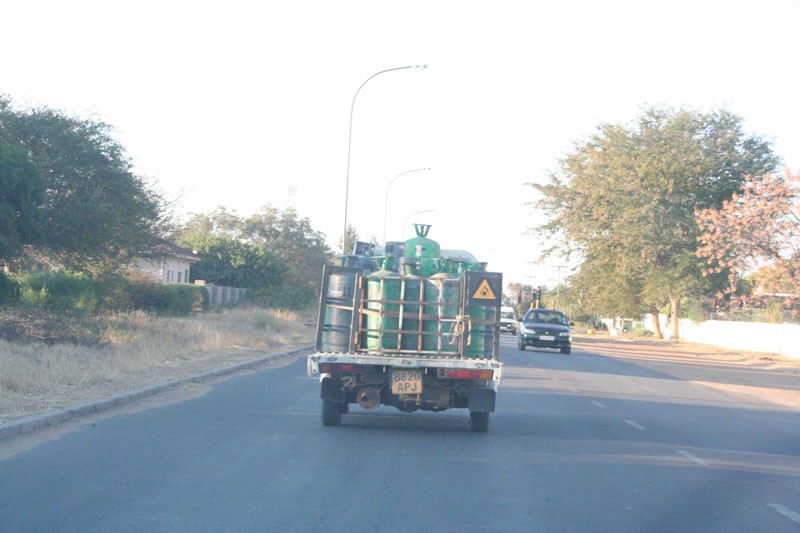BOBS moves to cut compliance redtape
Isaac Pinielo | Thursday January 12, 2017 16:07


According to BOBS public relations officer, Kagisano Makonyela this is the first time that the bureau has changed the status on standards specifications from being mandatory to voluntary.
“The standards have only changed their status from compulsory to voluntary,” she told Mmegi Business this week.
“However, they will remain enforceable by law through legislation of other regulatory authorities.”
The changed standards include one that deals with handling, storage, distribution and maintenance of liquefied petroleum gas (LPG) in domestic, commercial and industrial installations, as well as LPG installations involving storage vessels of individual water capacity exceeding 500 litres.
In addition, the bureau made alteration to the status of the standard that deals with the handling, storage, distribution and maintenance of LPG in domestic, commercial and industrial installations, and storage and filling sites for refillable LPG containers of capacity not exceeding nine kilogrammes and the storage of individual gas containers not exceeding 48kg.
Other standards specifications that were converted include the one for general requirements for labelling and presentation of pre-packaged products, and the one for drinking water.
Makonyela, however, explained that standards can be changed from voluntary or declared compulsory from time to time.
She further noted that the conversion of the standards specifications is a legal obligation that requires BOBS to declare and gazette a standard that is no longer enforced as voluntary standard.
According to the International Organisation for Standardisation (ISO), a standard is a document established by consensus and approved by a recognised body that provides, for common and repeated use, rules, guidelines or characteristics for activities or their results, aimed at the achievement of the optimum degree of order in a given context.
Makonyela said there are over 1,200 standards developed by BOBS since its inception in 1995, adding that the status of the standards can be reviewed or changed as and when the need arises.
“Standards are reviewed every five years or more often if necessary, and their status can also be reviewed based on how the industry has received and utilised them by incorporating them or referencing them in various legislation,” she said.
Makonyela indicated that there are other regulatory authorities in Botswana that continue to effectively enforce these standards through their legislation thereby making the standards enforceable by law.
“This has necessitated the change of status (on standards) to avoid duplicating efforts,” she emphasised.
On its website, BOBS noted that the application of standards forms the subject of a regular assessment of its relevance by the standardising body, which makes it possible to detect the time when a standard must be adapted to new needs.
“Following review, a standard may be confirmed without change, go forward for revision or be withdrawn,” BOBS stated.
